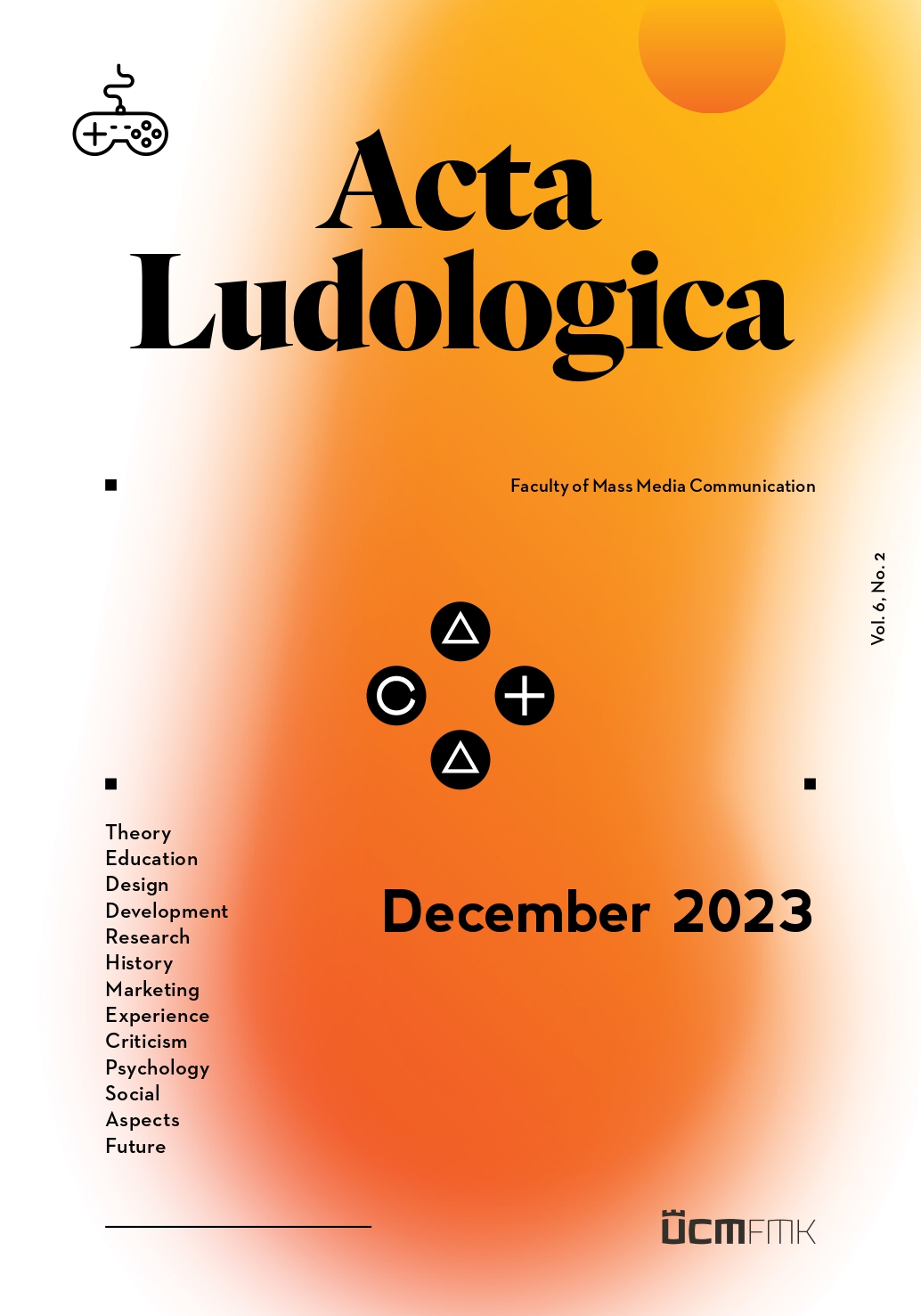Radoslav Baltezarević, Vesna Baltezarević, Ivana Baltezarević
ABSTRACT:
The eSports industry, supported by the accelerated development of digital technologies, is becoming more and more interesting to companies, as a potential place where products and services can be advertised. Given that consumers, who follow or actively engage in playing digital games and eSports, are mostly younger men, digital marketing strategies seem like a logical choice. This paper provides several theoretical viewpoints on the function of digital marketing in the industry of eSports. The authors attempted to make this topic more accessible to professionals with expertise in this field by assessing the views of 113 respondents and highlighting the possible advantages of adopting digital marketing in the eSports industry. The aim of this study is to show that companies should focus on promoting brands on digital platforms dedicated to eSports, because such activities, which are intended for players and audiences, are generally acceptable activities of business entities. Also, when carrying out brand promotion on these platforms, it is advisable to hire credible eSports influencers on social media to recommend their brands, and ultimately, to support the spread of eWOM about the company’s brand.
KEY WORDS:
consumers, digital games, digital marketing, eSports industry, eSports influencers, eWOM.
DOI:
10.34135/actaludologica.2023-6-1.28-45

